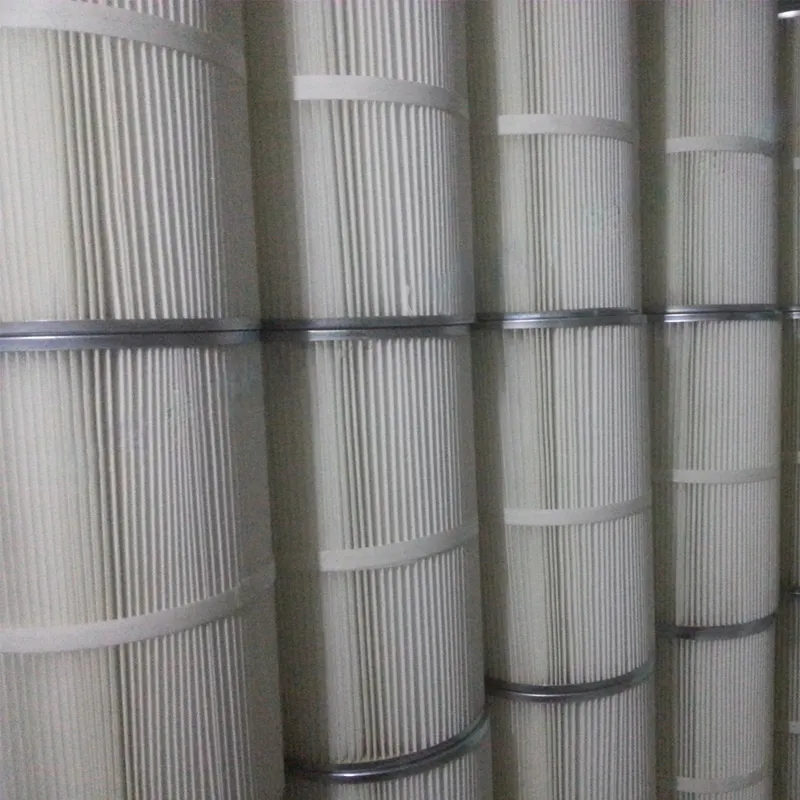 Tel:
+8615930870079
Tel:
+8615930870079
nov . 29, 2024 14:56 Back to list
Metal filter element for efficient filtration and improved performance in various applications
Understanding Metal Filter Elements A Key Component in Filtration Systems
Filtration is a critical process in various industries, ensuring the purity and quality of fluids and gases. One crucial component in filtration systems is the metal filter element. This article delves into the characteristics, advantages, and applications of metal filter elements, highlighting their significance in enhancing operational efficiency and product quality.
What is a Metal Filter Element?
A metal filter element is designed to separate solids from liquids or gases using a metal substrate. These filters can be made from various metals, including stainless steel, aluminum, and brass, depending on the specific application requirements. Metal filter elements are typically characterized by their durability, resistance to high temperatures, and the ability to maintain structural integrity under extreme conditions.
Characteristics of Metal Filter Elements
1. Durability One of the most significant advantages of metal filter elements is their durability. Unlike their synthetic counterparts, metal filters can withstand harsh conditions without deforming or breaking. This resilience makes them ideal for demanding environments, such as oil and gas extraction or chemical processing.
2. Temperature Resistance Metal filter elements can handle high temperatures, which is essential in processes where thermal stability is crucial. They can operate effectively in temperatures exceeding 500°F (260°C), making them suitable for high-heat applications.
3. Chemical Compatibility Various metal types offer different levels of chemical resistance, allowing manufacturers to select suitable materials for specific environments. For instance, stainless steel filters are resistant to corrosion and can be used with aggressive chemicals.
4. Reusability Many metal filter elements can be cleaned and reused. This feature not only ensures cost-effectiveness but also contributes to environmental sustainability by reducing the need for disposable filters.
5. Mechanical Strength The robust construction of metal filter elements allows them to handle high-pressure applications effectively. This strength is essential for maintaining pressure differentials in filtration systems.
Advantages of Metal Filter Elements
The use of metal filter elements presents numerous advantages over alternative filtration solutions
metal filter element

- Extended Lifespan Due to their inherent durability and reusability, metal filters have longer lifespans than traditional disposable filters. This longevity reduces replacement frequency, resulting in lower overall costs.
- High Filtration Efficiency Metal filter elements can achieve high levels of filtration efficiency, often removing particles as small as a few microns. This capability is crucial in applications where impurity levels must be minimized to maintain product quality.
- Reduced Maintenance The robust design of metal filters minimizes the need for frequent maintenance interventions. This advantage allows operators to focus on core operational tasks rather than filter upkeep.
- Versatile Applications Metal filter elements are versatile enough to be used in various industries, including aerospace, pharmaceuticals, automotive, and food production. Their ability to perform efficiently in diverse situations makes them invaluable components in many filtration systems.
Applications of Metal Filter Elements
1. Chemical Processing In chemical manufacturing where corrosive materials are handled, metal filter elements provide the necessary resistance to prevent degradation while ensuring the purity of the end product.
2. Oil and Gas Industry The oil and gas sector frequently utilizes metal filter elements in various applications, including upstream processes for separating solids from drilling fluids, as well as downstream processes for refining and treating products.
3. Food and Beverage Industry Maintaining hygiene and quality is paramount in food and beverage production. Metal filters are often used to ensure that contaminants are removed from liquids and gases without compromising product safety.
4. Pharmaceuticals In pharmaceutical manufacturing, stringent standards must be met. Metal filter elements help achieve the cleanliness requisite in drug production processes, allowing for efficient removal of particulates.
Conclusion
Metal filter elements stand as a testament to the advancements in filtration technology, providing unmatched durability, high filtration efficiency, and versatility across industries. Their significant advantages over conventional filters make them a preferred choice in demanding applications. As industries continue to prioritize efficiency and product quality, metal filter elements will undoubtedly remain pivotal in achieving these goals, solidifying their role in modern filtration systems.
-
Nano Fiber Technology: Revolutionizing Cartridge Dust Collector FiltersNewsAug.06,2025
-
How Activated Carbon Air Cartridges Eliminate OdorsNewsAug.06,2025
-
Dust Filter Cartridge Handling Fine Particulate MatterNewsAug.06,2025
-
Cartridge Dust Collector Filter for Welding Fume ExtractionNewsAug.06,2025
-
Activated Carbon Filter Cartridge Effectiveness Against VOCsNewsAug.06,2025
-
Activated Carbon Air Filter Cartridge Benefits ExplainedNewsAug.06,2025

 Email:
Email:





